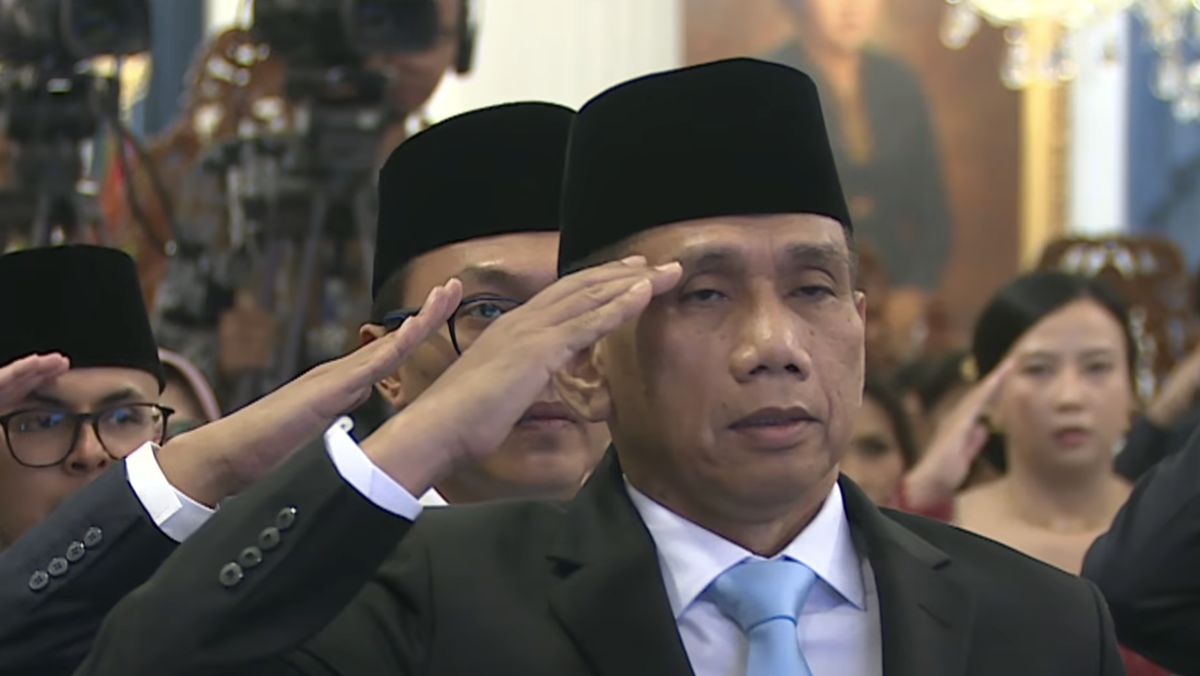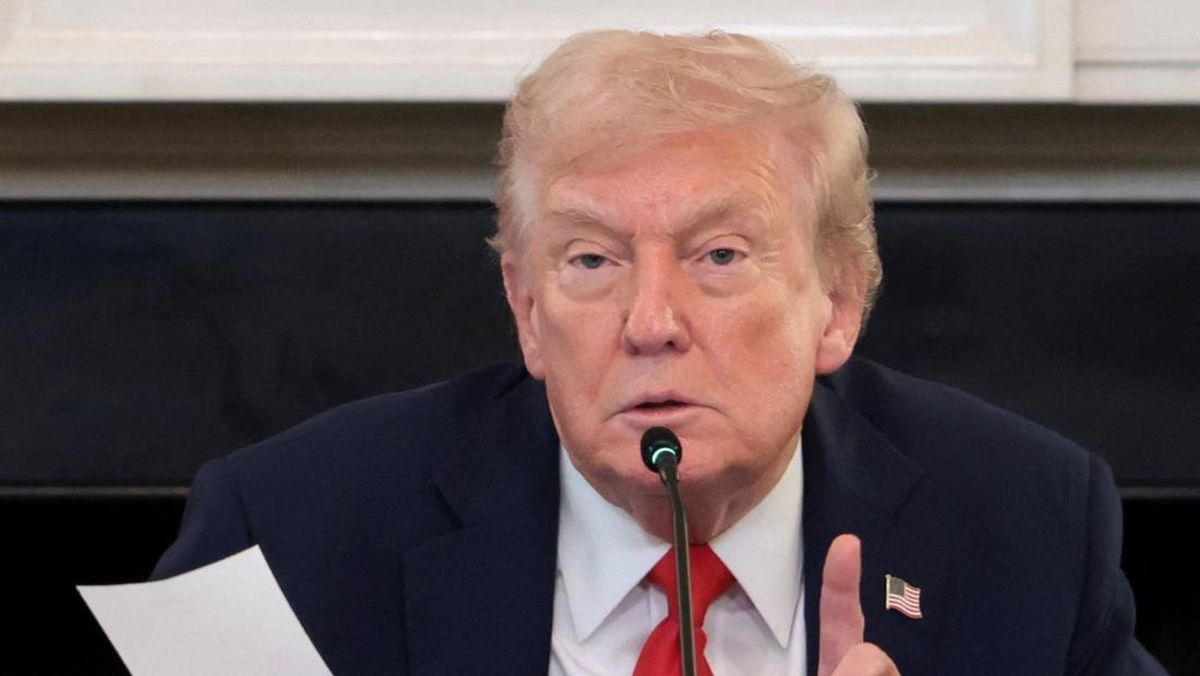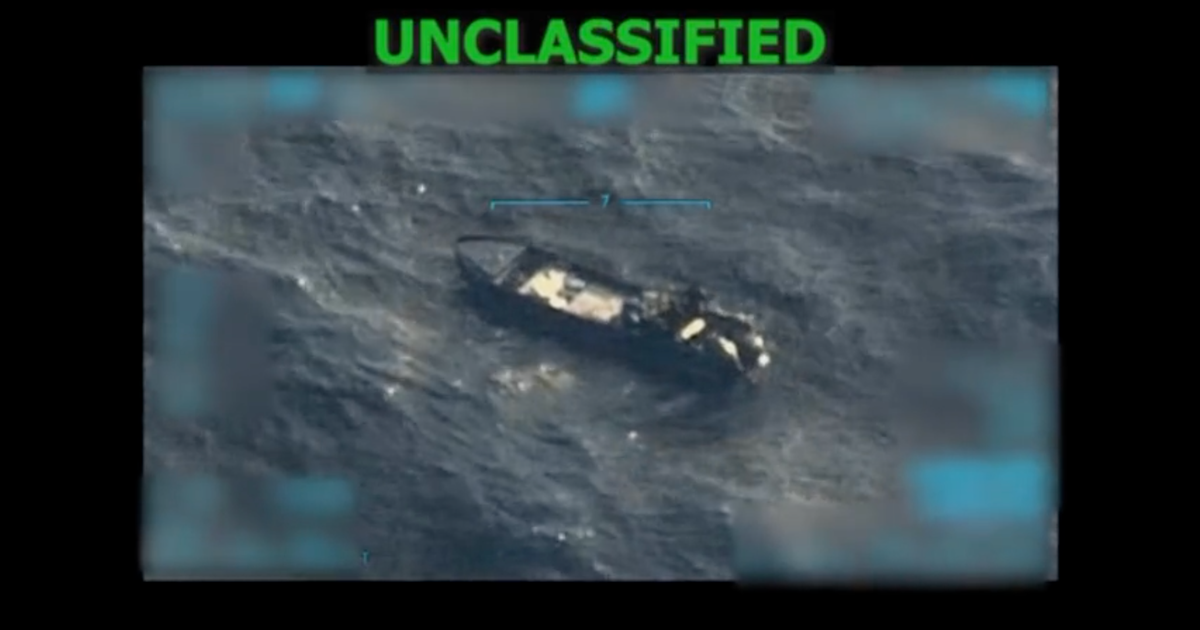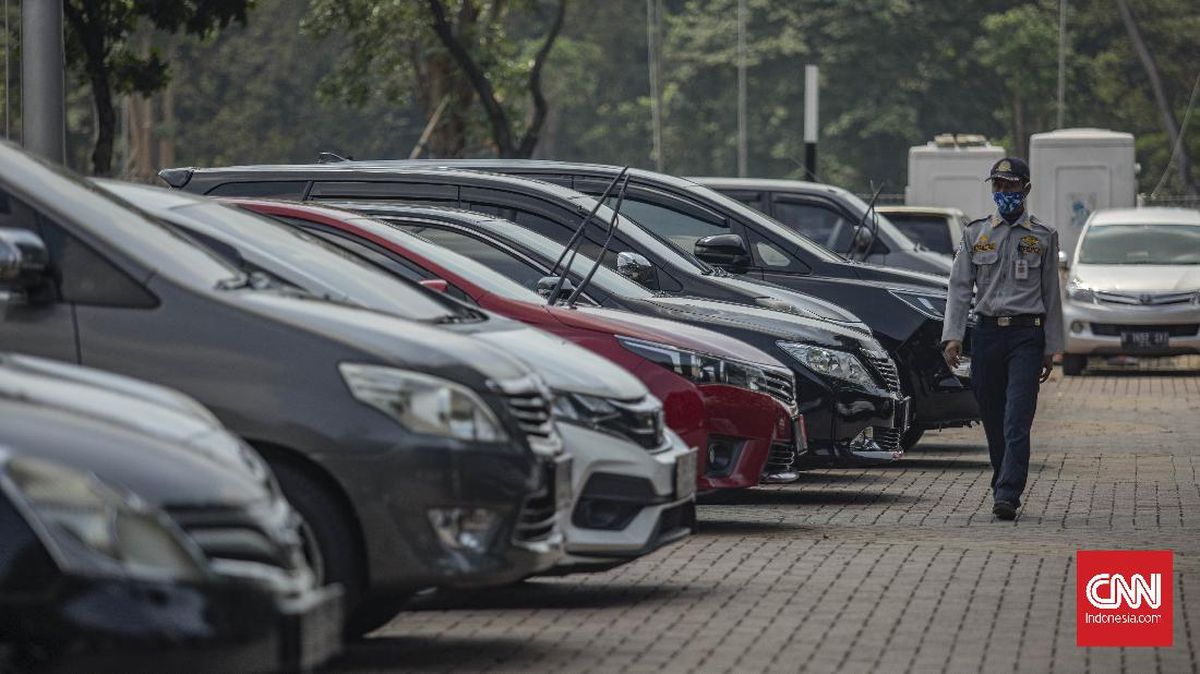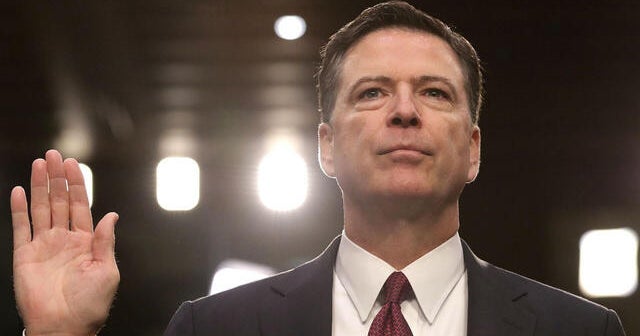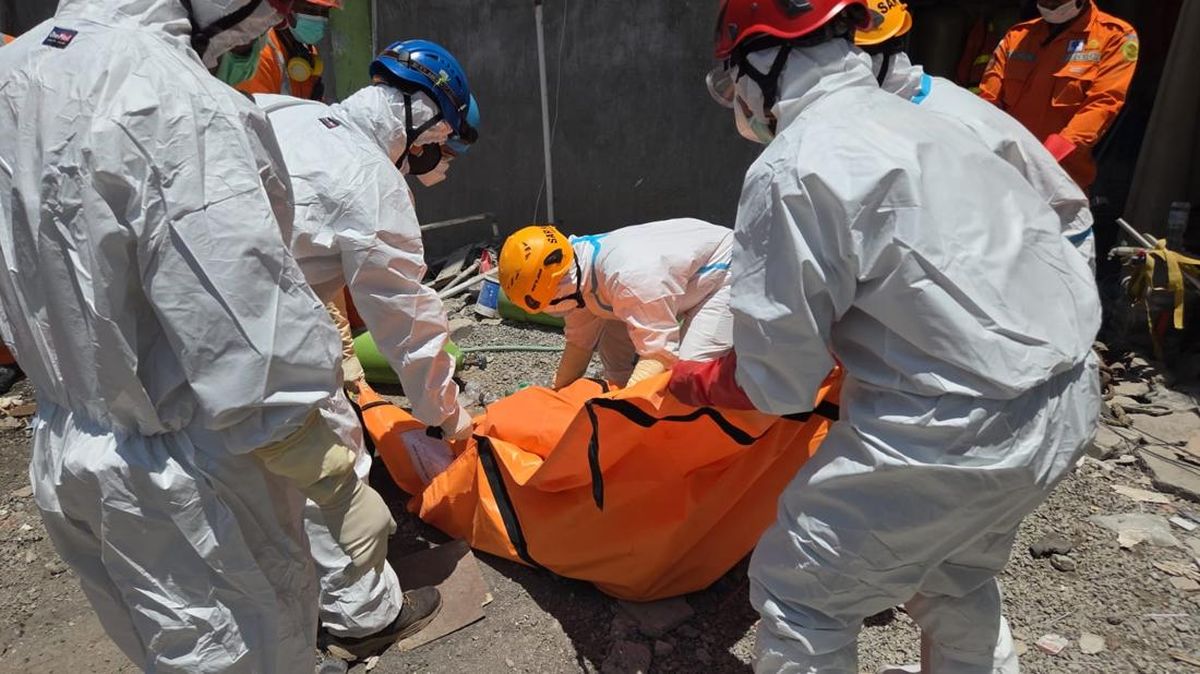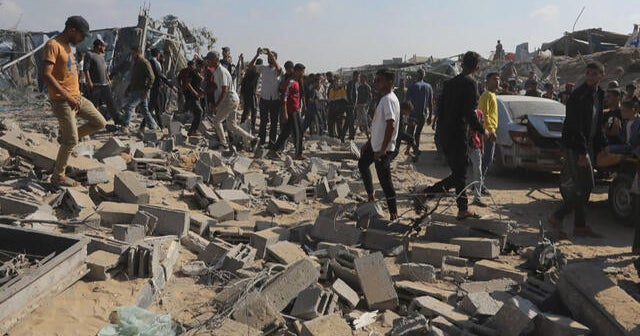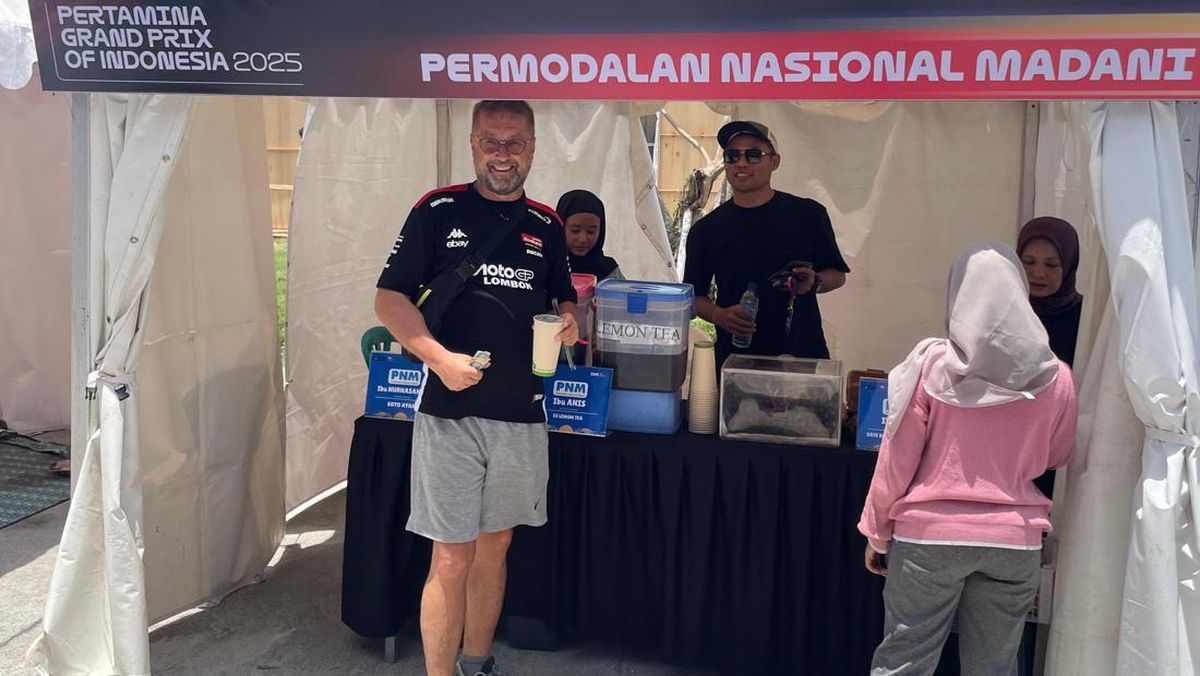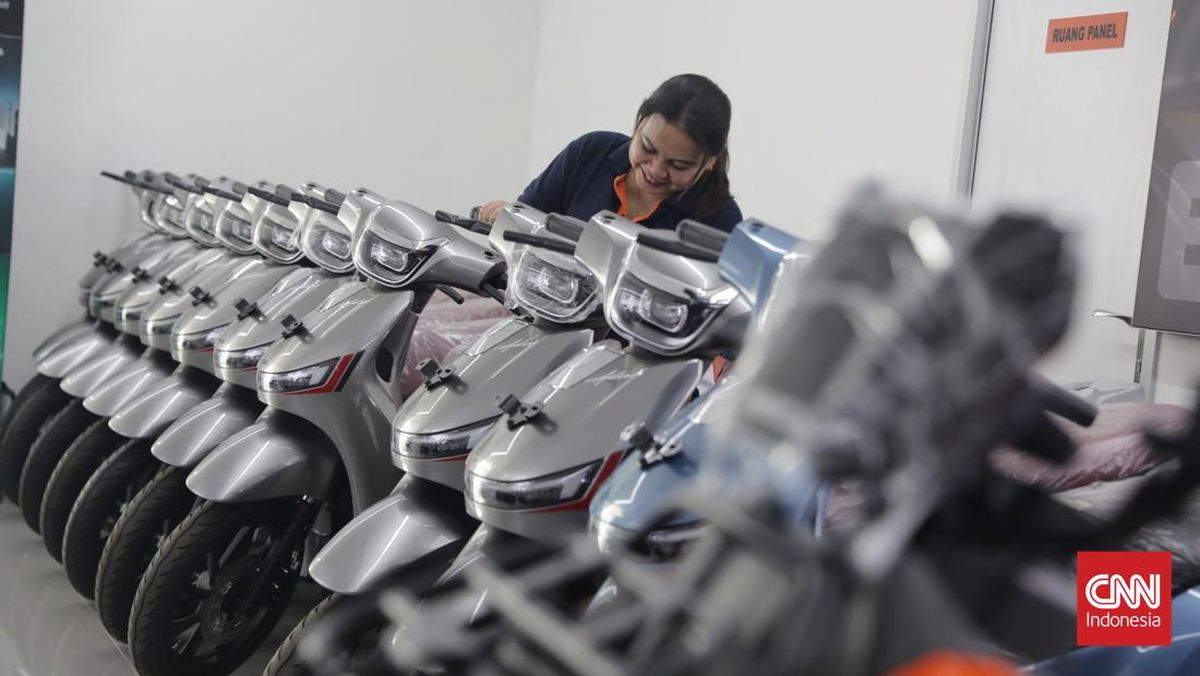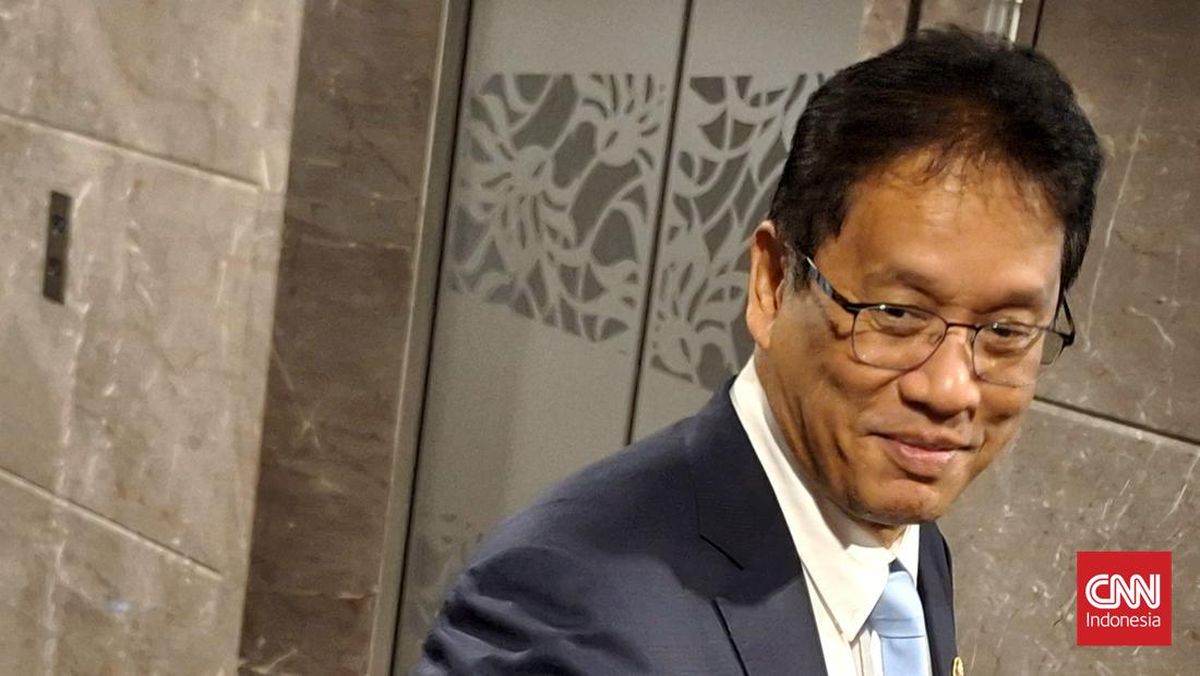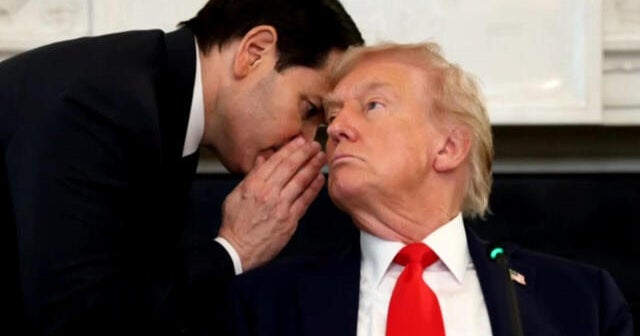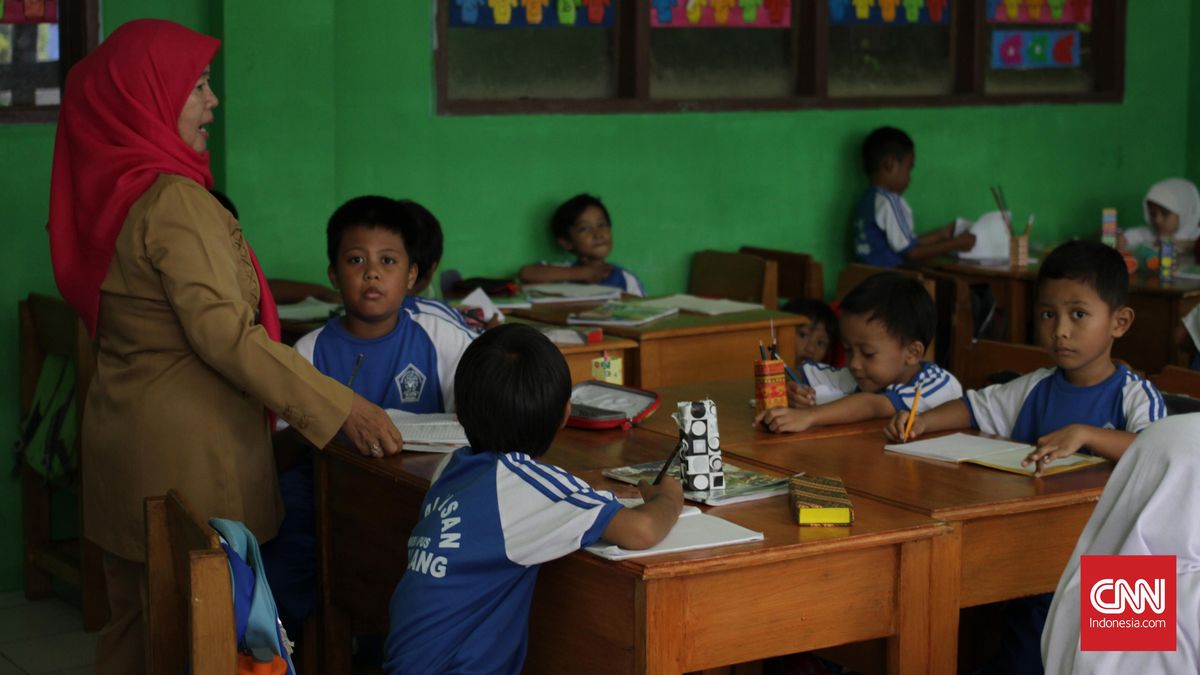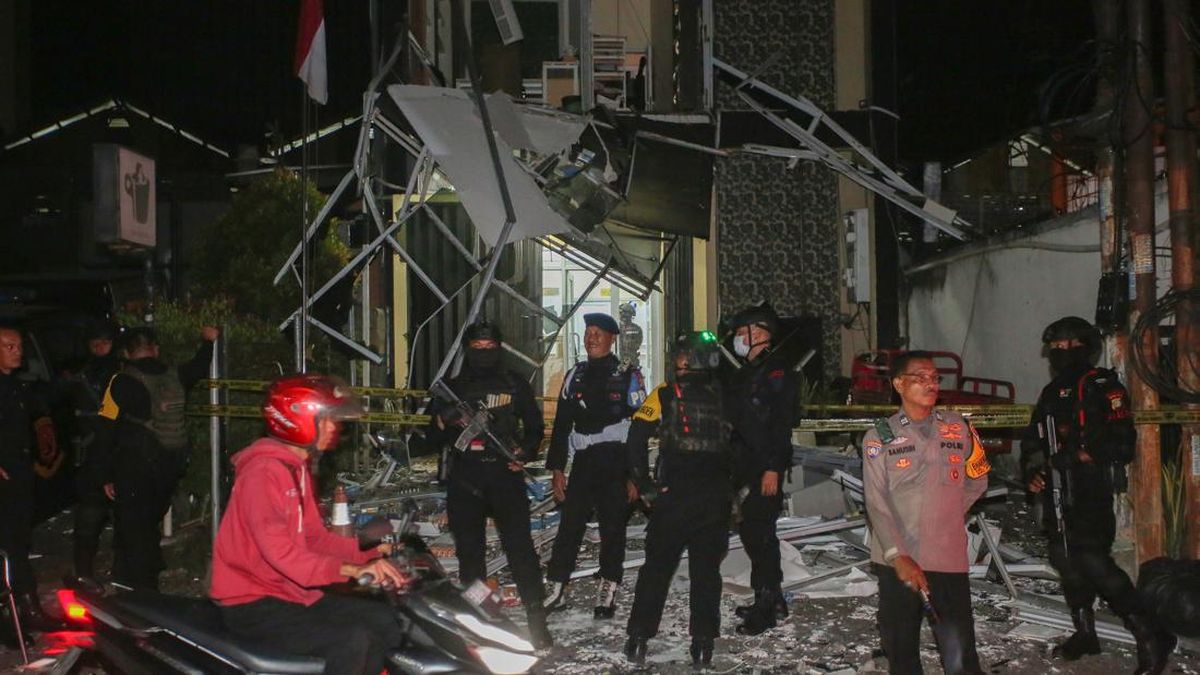Opinion
September 24, 2025 — 7.35pm
September 24, 2025 — 7.35pm
In December 2021, as Victoria was emerging from its long COVID winter, Daniel Andrews was secretly questioned by the state’s peak anti-corruption body, the Independent Broad-based Anti-corruption Commission.
The then premier wasn’t merely a witness in one investigation, but four – operations Watts, Sandon, Daintree and Richmond – all launched three years earlier.

Daniel Andrews on the day of his resignation in September 2023.Credit: Joe Armao
It was Andrews’ choice, for reasons of convenience, to be examined all at once in this way. With the judiciary and public service still largely working from home, he took the questions from his desk at Treasury Place, via video link, over the space of a week.
The topics across the four investigations ranged from Labor Party branch stacking to accepting donations from property developers and his government’s dealings with union leaders.
When the most powerful political figure in the state is questioned at length on issues that go to his integrity and that of his government, it is difficult to imagine a stronger public interest imperative for transparency. If Victoria had a properly empowered anti-corruption agency, the hearings would have been held in public. Instead, that week in the witness box was the best insight we were never given into who our longest serving Labor premier really was.
Loading
If you can recall the evidence Andrews provided to the COVID inquiry after the virus checked out of hotel quarantine, one of his great talents is leaving the impression of an eagerness to help while giving very little.As Seinfeld’s George Costanza famously declared, it’s not a lie if you believe it, and Andrews was not caught out in one.
IBAC has published its findings into Watts, Sandon and Daintree, which respectively deal with Adem Somyurek’s industrial-scale branch stacking exposed by this masthead, the murky nexus between Spring Street, the City of Casey and property developer John Woodman, and the $3.4 million in government grants used to butter up former Health Workers Union boss Diana Asmar.
None of the reports, which were published between 2022 and 2024, contained adverse findings against Andrews. The most serious matter for the former premier is Operation Richmond – an investigation which dates back to 2016, when Andrews was still new in the job and, to the dismay of the then emergency services minister, Jane Garrett, personally intervened in enterprise bargaining negotiations with United Firefighters Union boss Peter Marshall.
The terms of the resultant agreement were so generous to the union and the stench of a political quid pro quo so thick that in November 2018, IBAC decided to take a look.
This week, Operation Richmond belatedly reached what IBAC refers to as the “natural justice” phase of its investigation – the provision of draft findings to witnesses and other people subject to adverse findings or comments before the publication of a final report.

Andrews and United Firefighters Union boss Peter Marshall.Credit: The Age
If the allegations at the centre of the investigation weren’t so serious – that a premier improperly sidelined his minister and misapplied a taxpayer-funded oilcan to grease the squeakiest of union wheels – the delay in getting to this point might have rendered the whole episode a grubby but largely forgotten footnote in Victoria’s industrial history.
But given Garrett died waiting for someone to properly examine a chain of events which culminated in her quitting cabinet in protest, and given another 20 to 30 aggrieved people have been waiting nine years to have this matter publicly ventilated, the Richmond findings deserve to be closely read.
The report, assuming it sees the light of day, will provide fresh insight into how Daniel Andrews governed and his willingness to use public resources to further political ends.
The story of Andrews’ secret testimony and the protracted timeline of Operation Richmond should also serve as exhibits A and B in the case for IBAC reform. In NSW, the power of public hearings to elicit uncomfortable truths is best demonstrated by the resignations of two Liberal premiers, Gladys Berejiklian and Barry O’Farrell.
Loading
Berejiklian, who failed to disclose her close personal relationship with former MP Daryl Maguire despite the conflict of interest it created and her growing suspicion that her secret lover was a crook, resigned as premier in 2021 once she learnt she was under investigation by the Independent Commission Against Corruption (NSW’s equivalent of IBAC) and would be subject to public examination. ICAC in 2023 found that Berejiklian and Maguire had engaged in serious corrupt conduct.
O’Farrell quit in 2014, after he inadvertently misled an ICAC public hearing about a $3000 bottle of Grange donated by a corporate lobbyist.
Former IBAC commissioner Robert Redlich, the Centre for Public Integrity, the Accountability Round Table and the Law Institute of Victoria have all told a current parliamentary inquiry into IBAC’s legislative framework that the “exceptional circumstances” limitation on public hearings in Victoria should be abolished.
Redlich also told the inquiry that the current natural justice requirements, under which the subjects of anti-corruption reports must be given a right of reply to any adverse findings against them, are out of step with how royal commissions and boards of inquiry do their work, and invite legal action which delays IBAC’s work.
One of the reasons we are still waiting for the findings of Operation Richmond to be made public is protracted litigation by the United Firefighters Union and one of its office holders against a related investigation.
The union took its case all the way to the High Court and lost at every stage. In the process, IBAC lost the best part of two years. Victorians who want better government lost far more.
Chip Le Grand is state political editor.
The Opinion newsletter is a weekly wrap of views that will challenge, champion and inform your own. Sign up here.
Most Viewed in Politics
Loading

